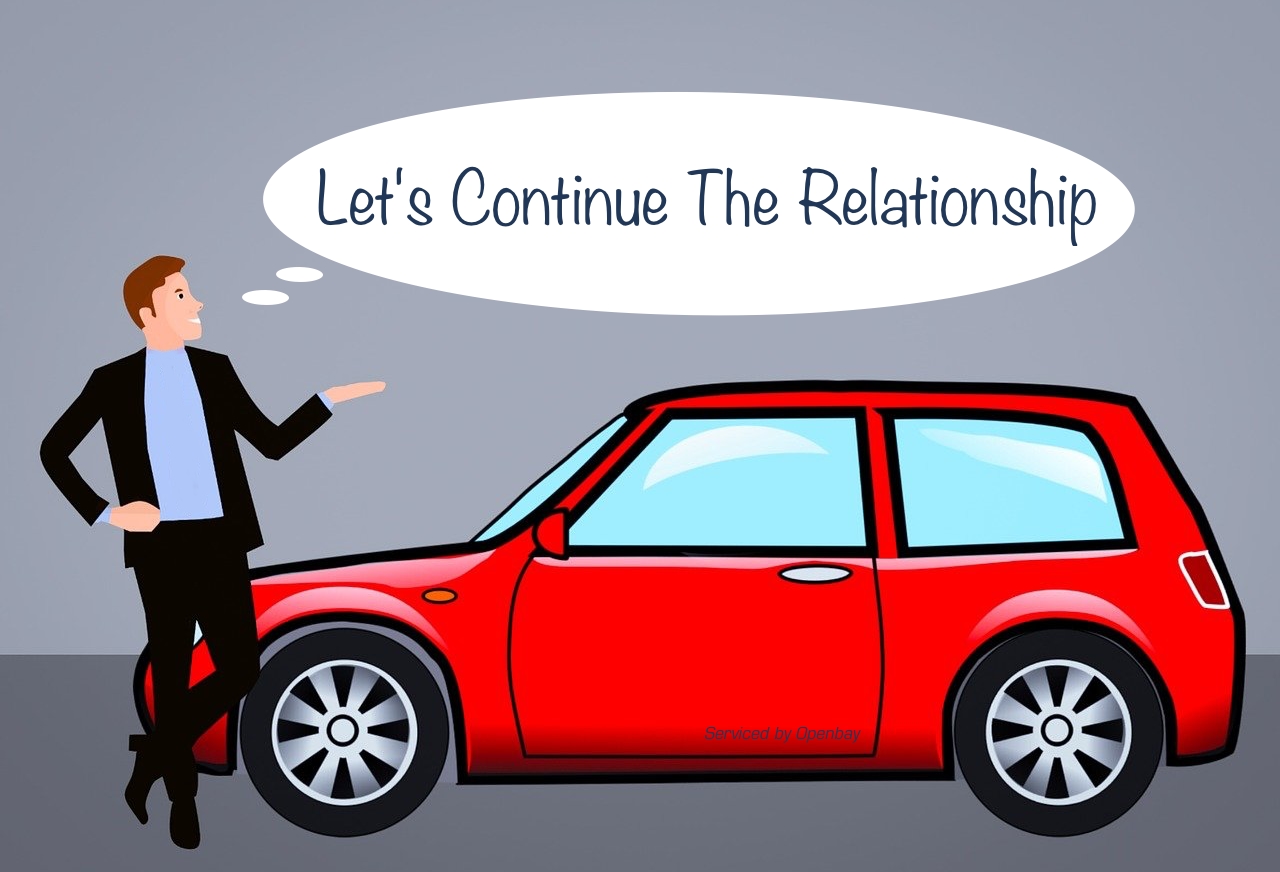Buying a new or used vehicle is a significant financial decision. Many consumers grapple with this choice, weighing the pros and cons of upgrading versus maintaining their current car. While a shiny new car or a new used car might be tempting, several compelling reasons exist to postpone or avoid such a purchase.
One Reason to Avoid a New or Used Car
One primary reason to avoid buying a brand-new car from a dealership is the immediate and substantial depreciation hit. New vehicles lose a significant portion of their value within the first few years of ownership. This depreciation can leave you “underwater” on your loan, meaning you owe more than the car is worth. Consequently, financially savvy individuals often avoid this initial depreciation curve by purchasing used vehicles or keeping their existing ones in good condition. Data from Edmunds, an online resource for car shoppers, underscores this point: their recent report indicates that among vehicle owners with negative equity, 22% owed $10,000 or more, and 7.5% owed $15,000 or more on their car loans.
Weighing Repair and Maintenance Costs Against New Car Payments
Furthermore, consider the long-term costs associated with vehicle ownership. Instead of taking on a new car payment, evaluate the expenses of maintaining your current vehicle. Major repairs, such as engine or transmission work, might seem daunting at first. However, over the long haul, these repairs can be less expensive than purchasing a new or used vehicle. For instance, replacing a transmission might cost a few thousand dollars, but this is often less than the thousands spent annually on a new car payment, plus increased insurance rates. Additionally, utilizing resources like automotive services marketplace Openbay can help find competitive price estimates for necessary repairs, ensuring the best value for the money.
Emotional Connections and Car Ownership
Another critical point to consider is the emotional attachment you may have to your current vehicle. Many car owners develop a bond with their cars, appreciating the memories and experiences associated with them. This emotional connection can make it difficult to part with a reliable vehicle, even if it requires some repairs. In these situations, the sentimental value of keeping your car might outweigh the perceived benefits of a new purchase.
Personal Finance and Vehicle Decisions
Moreover, the decision to avoid buying a new or used vehicle can be a matter of financial philosophy. Some people prioritize saving money and avoiding debt, while others prioritize the enjoyment of driving a newer car. There’s no universally right or wrong answer. The best course of action is to align your vehicle decisions with your overall financial goals and personal preferences. If you enjoy saving money and your current vehicle is reliable, then sticking with it is a sensible choice.
Extend Your Car’s Life Through Maintenance
Additionally, responsible vehicle maintenance plays a crucial role in extending the life of your car. Regular maintenance, such as oil changes, tire rotations, and brake inspections, can prevent costly repairs down the road. By taking care of your vehicle, you can delay or even eliminate the need to purchase a new one. Openbay can also assist in this process by helping you schedule routine maintenance with qualified mechanics in your area.
When to Let Go: Repair vs. Replace
However, there comes a point where the cost of repairs begins to outweigh the value of the vehicle. When your car starts requiring frequent and expensive repairs, it might be time to consider other options. This is especially true if the repairs are likely to continue and the vehicle’s reliability is compromised. In such cases, a used vehicle or even a new one might make more financial sense.
The decision of whether to buy a new or used vehicle is a personal one. Numerous factors influence this decision, including financial considerations, emotional attachment, and the condition of your current vehicle. By carefully weighing these factors and utilizing resources like Openbay for maintenance and repair needs, you can make an informed decision that aligns with your individual circumstances and financial goals.


